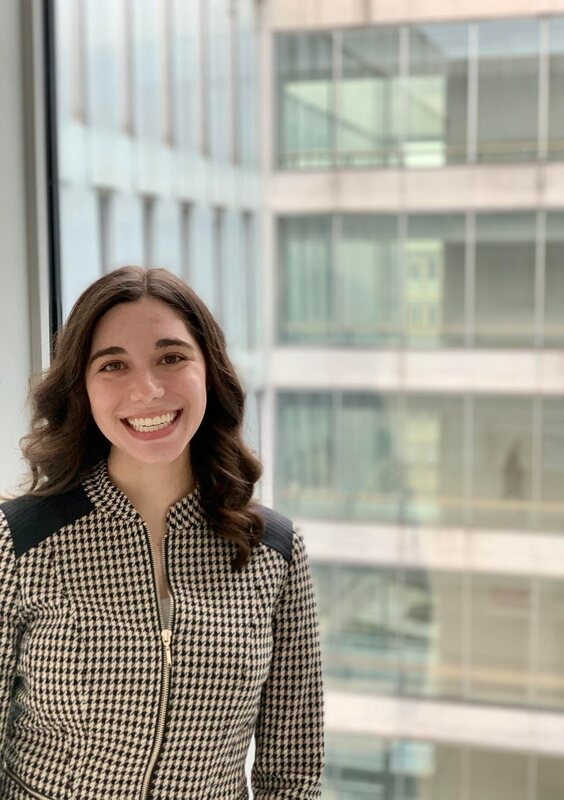|
I was very honored to have the chance to speak on a panel at the Ukrainian Global University’s (UGU) first annual conference as a UGU volunteer. The theme of the conference was “A straight talk about human capital development among students, co-founders, and partners” and the discussion was inspiring and uplifting, even against the sadness and heartbreak of recent strikes on Ukraine that have killed and injured civilians.
The UGU organizers talked about the success of the program, even in its early and initial phase last year, which saw the placement of fifty-two highly talented and advanced Ukrainian students in Western universities. A few UGU students from this first cohort talked honestly about their experiences – from making new friends and meeting new people, to being surprised how many Ukrainian societies/student organizations there are in foreign universities and cities, and some challenges that came with adapting to a new place and a new education system. Undeterred and perseverant, the students were enthusiastic about wanting to return to Ukraine and contribute to its growth and development after the war. Several expressed an interest in joining the civil service and contributing to the ministries of finance and economics. All were steadfast in wanting to learn as much as they can while abroad and teach their peers about Ukrainian culture and history, and then to come home to Ukraine and build a better future for their country. It was also heartwarming to hear from academics and university administration officials that working with UGU had been a highlight of their professional careers, and that their universities were working to ensure they can take more Ukrainian students in the next year, although it is unfortunate that the program needs to continue for yet another academic cycle. A few Deputy Ministers of the Ministry of the Economy and Ministry of Social Policy also spoke at the conference, and it was enlightening and interesting to hear the perspectives of those within the government. The Deputy Minister from the Ministry of the Economy spoke at length about how improving human capital during the war was vital to Ukraine being able to rebuild after the war and the economy’s ability to attract foreign capital and investment. And the representatives from the Ministry of Social Policy echoed the thoughts of the Ministry of the Economy that educational investments for today and tomorrow’s young generations are necessary to protect and strengthen Ukrainian society during and after the war. There were then some claims by the civil society representatives that the government should focus on enacting reforms now, even with the war going on, as opposed to waiting for the reconstruction efforts. Those in the government, however, pushed back and elaborated upon some reform efforts already taking place. In short, there were key points that came out of the discussions and which provide reflections and recommendations for how government and university partners can approach reconstruction, rebuilding, and investments in human capital in Ukraine. The key points:
If anyone reading this is interested in volunteering with UGU in the future, please reach out to Dr. Dmytro Iarovyi, other UGU organizers, or myself. Acknowledgements Thank you to the Kyiv School of Economics for the kind and gracious invitation to participate in the UGU conference. I am grateful that I was entrusted to speak on behalf of other incredible volunteers who helped with last summer’s intake of the UGU cohort.
0 Comments
Your comment will be posted after it is approved.
Leave a Reply. |
AuthorSienna Nordquist is a PhD Candidate in Social and Political Science at Bocconi University. She is an alumna of LSE's MSc in European and International Public Policy and was a Robert W. Woodruff Scholar at Emory University. Archives
April 2025
Categories |


